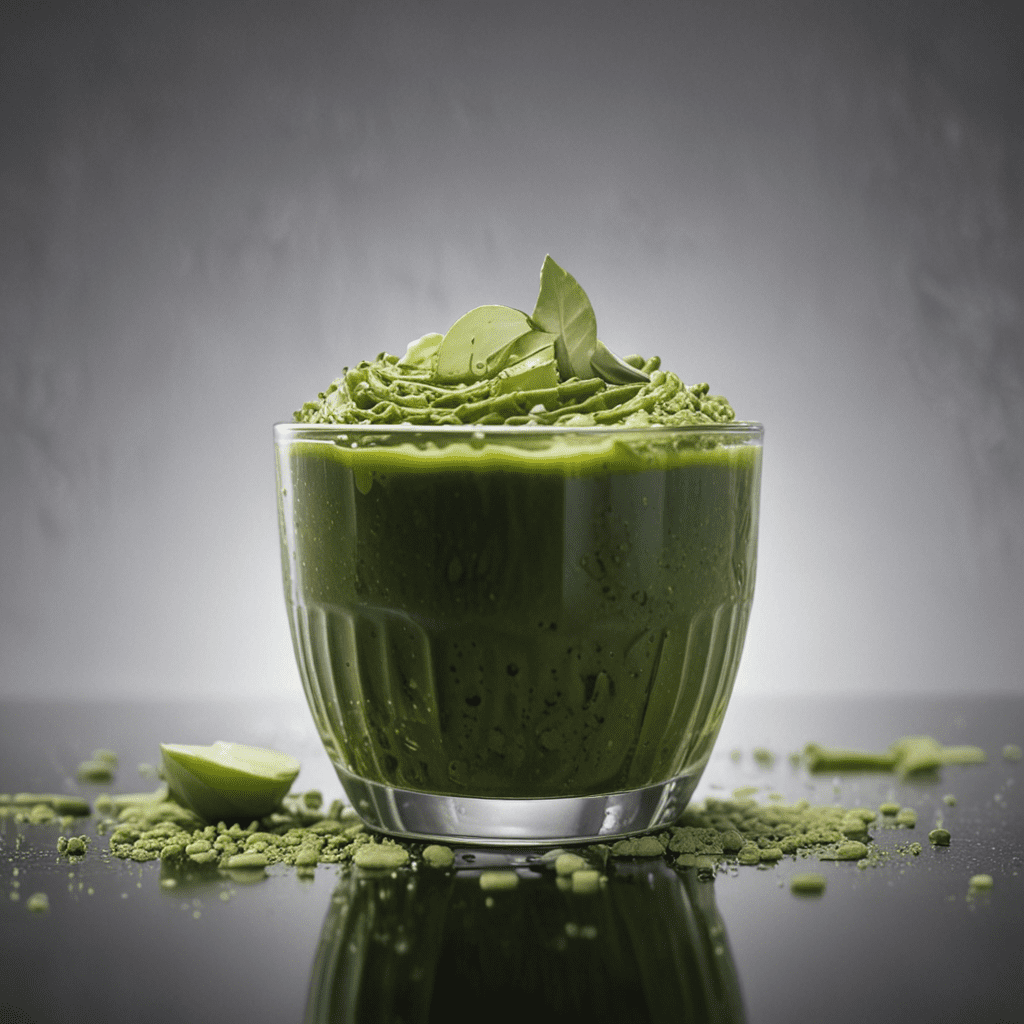Matcha and Dental Care: Green Tea’s Effects on Oral Hygiene
1. Introduction
Matcha, a finely ground green tea, has gained immense popularity worldwide for its vibrant color, delicate flavor, and abundant health benefits. In addition to its remarkable antioxidant and anti-inflammatory properties, matcha may also play a crucial role in maintaining optimal oral hygiene.
2. Health Benefits of Matcha
Matcha is rich in fluorides and catechins, two compounds with recognized oral health benefits. Fluoride, a natural mineral, helps strengthen tooth enamel, while catechins possess antibacterial and antiviral properties, aiding in the prevention of tooth decay and gum disease.
3. Matcha's Effects on Enamel
Matcha's fluoride content helps protect tooth enamel from acid erosion, a process that can weaken and damage the teeth. Moreover, the catechins in matcha may promote remineralization, the natural repair of damaged enamel.
4. Antibacterial and Antiviral Properties
Catechins, the potent antioxidants in matcha, exhibit antibacterial and antiviral properties. They can inhibit the growth and activity of harmful bacteria responsible for tooth decay and gum disease, contributing to the prevention of oral infections.
5. Reducing Dental Plaque
The catechins in matcha also interfere with biofilm formation, a sticky substance that accumulates on the teeth and harbors harmful bacteria. By inhibiting biofilm, matcha helps reduce dental plaque, a major contributor to tooth decay and gum inflammation.
6. Breath Freshening and Anti-Odor
Matcha contains chlorophyll, a pigment that masks bad breath and leaves a refreshing taste in the mouth. Additionally, the catechins in matcha help reduce sulfur compounds associated with oral odor, promoting fresh breath throughout the day.
7. Prevention of Gingivitis and Periodontitis
Matcha's anti-inflammatory properties play a crucial role in reducing gum inflammation, a major contributor to gingivitis and periodontitis. Furthermore, matcha inhibits the growth of bacteria that cause periodontal disease, helping to prevent and manage gum infections.
8. Matcha's Role in Caries Prevention
Fluoride, present in matcha, strengthens teeth by replacing minerals lost to acid attacks. Additionally, catechins in matcha inhibit demineralization, the process that weakens tooth enamel and makes it susceptible to decay. By combining these effects, matcha helps protect teeth from cavities.
9. Proper Consumption for Dental Health
While matcha offers numerous dental benefits, excessive consumption should be avoided to prevent enamel staining from its tannins. The recommended daily intake for dental health is two to three cups of matcha tea. Regular brushing and flossing remain essential for optimal oral hygiene.
10. Conclusion
Matcha, with its rich fluoride and catechin content, is a promising natural substance for promoting oral health. It protects tooth enamel, fights bacteria, reduces inflammation, and freshens breath. Incorporating matcha into a balanced oral care routine can complement and enhance regular dental practices, contributing to a healthy and radiant smile.
Frequently Asked Questions
Q: How much matcha should I consume for dental health?
A: Two to three cups of matcha tea per day is recommended.
Q: Can matcha replace brushing and flossing?
A: No, matcha is not a substitute for regular brushing and flossing. It complements these practices to enhance oral health.
Q: Can matcha whiten teeth?
A: Matcha does not have teeth-whitening properties. Its tannins may slightly stain teeth with excessive consumption.
Q: Is matcha good for gum health?
A: Yes, matcha's anti-inflammatory and antibacterial properties help prevent and manage gum inflammation.



